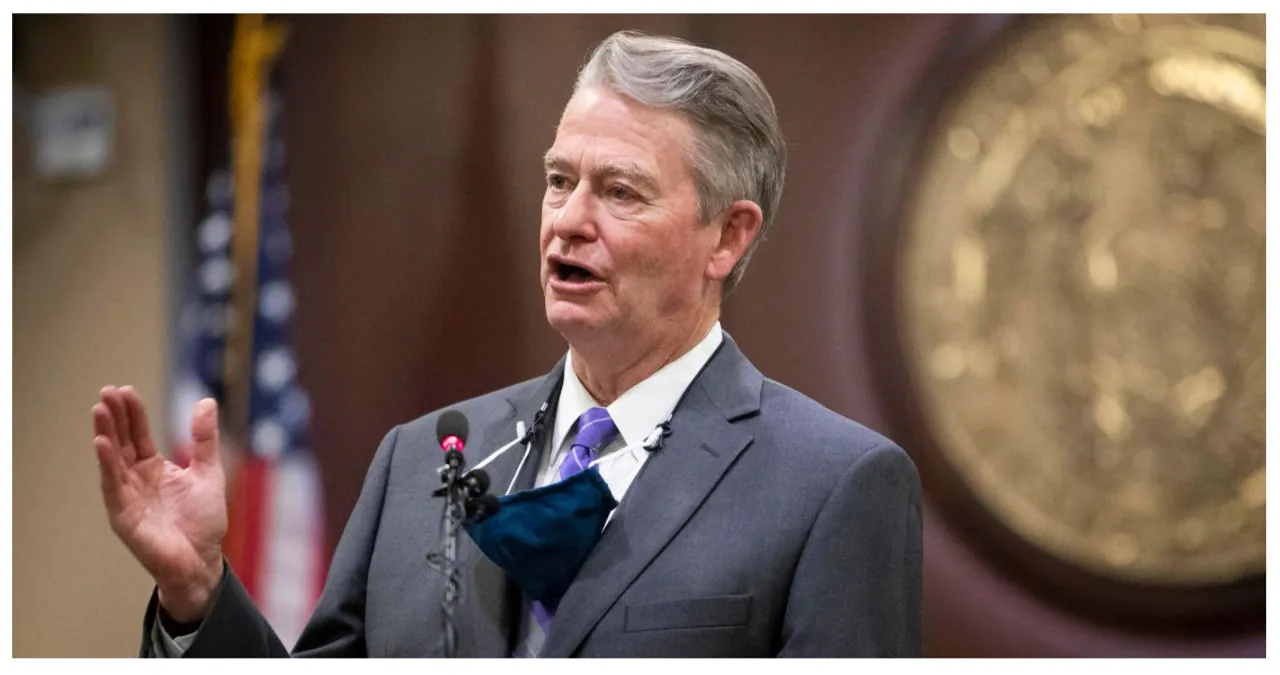Starting in July, transgender individuals in Idaho will be prohibited from using Medicaid and other publicly funded programs to finance their gender-affirming medical care. This new state law will significantly impact the accessibility of healthcare for this community.
Republican Governor Brad Little signed the measure on Wednesday, shortly after receiving it from Idaho’s Republican-controlled Legislature. Little’s office has not yet responded to a request for comment.
Starting from July 1, the law will prohibit the use of public funds for transgender minors and adults seeking puberty blockers, hormones, and surgeries. It will also restrict government-owned facilities from offering these services.
Intentional violators of the law may be charged with misuse of public funds, which can result in fines of up to $10,000 and imprisonment ranging from one to 14 years.
Idaho has recently joined a group of Republican-led states in prohibiting Medicaid funding for gender-affirming care for individuals who identify as transgender, regardless of their age. This information comes from the Movement Advancement Project, a nonprofit organization that monitors LGBTQ laws. In fact, three states already have Medicaid policies in place that specifically exclude transition-related care for minors.
Idaho Governor Brad Little has expressed his stance against using public funds for gender-affirming care. In a letter addressed to Idaho’s Department of Health and Welfare, he firmly stated his opposition to utilizing Medicaid funds for transgender individuals, both children and adults, for procedures such as puberty blockers, hormones, and surgeries.
In a written statement, he expressed his belief that it is unfair for diligent taxpayers to bear the financial burden of an adult’s sex reassignment surgery.
In April, Little took a significant step by enacting a law that categorizes the administration of gender-affirming care to minors in Idaho as a felony. Little emphasized the necessity of safeguarding minors from undergoing irreversible procedures or treatments that may harm their healthy bodies. He firmly believes that when it comes to making decisions about their children’s well-being, loving parents should be given the utmost consideration, and the government should exercise caution before intervening.
In December, a federal judge issued a temporary block on the state’s ban, preventing it from being implemented. Following this, Idaho appealed the decision to the Supreme Court in February.

